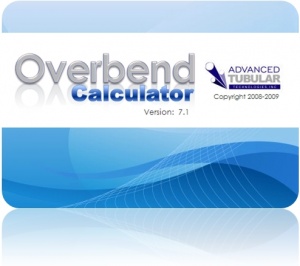Difference between revisions of "Overbend Calculator"
From ATTWiki
(→TEST BENDS) |
(→Three Step Process) |
||
| Line 14: | Line 14: | ||
==Three Step Process== | ==Three Step Process== | ||
| − | *Two test bends are made. Typically they are 20 and 120 degrees. The bender is set to bend these angles and a test tube is bent. | + | *STEP 1: Two test bends are made. Typically they are 20 and 120 degrees. The bender is set to bend these angles and a test tube is bent. |
| − | *The actual resulting bend angles are measured and entered into the overbend calculator. | + | *STEP 2: The actual resulting bend angles are measured and entered into the overbend calculator. |
| − | *Two values called "proportional" and "fixed" are calculated and used in a springback formula to predict overbend to overcome springback at any angle. | + | *STEP 3: Two values called "proportional" and "fixed" are calculated and used in a springback formula to predict overbend to overcome springback at any angle. |
Revision as of 04:20, 22 December 2008
 |
This is software that calculates overbend necessary to overcome springback in bends.
Three Step Process
- STEP 1: Two test bends are made. Typically they are 20 and 120 degrees. The bender is set to bend these angles and a test tube is bent.
- STEP 2: The actual resulting bend angles are measured and entered into the overbend calculator.
- STEP 3: Two values called "proportional" and "fixed" are calculated and used in a springback formula to predict overbend to overcome springback at any angle.
